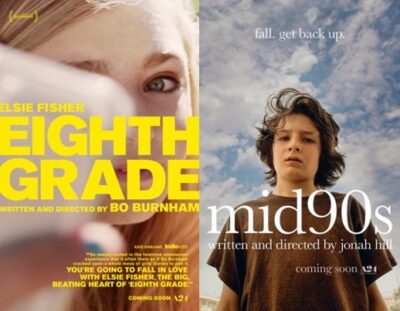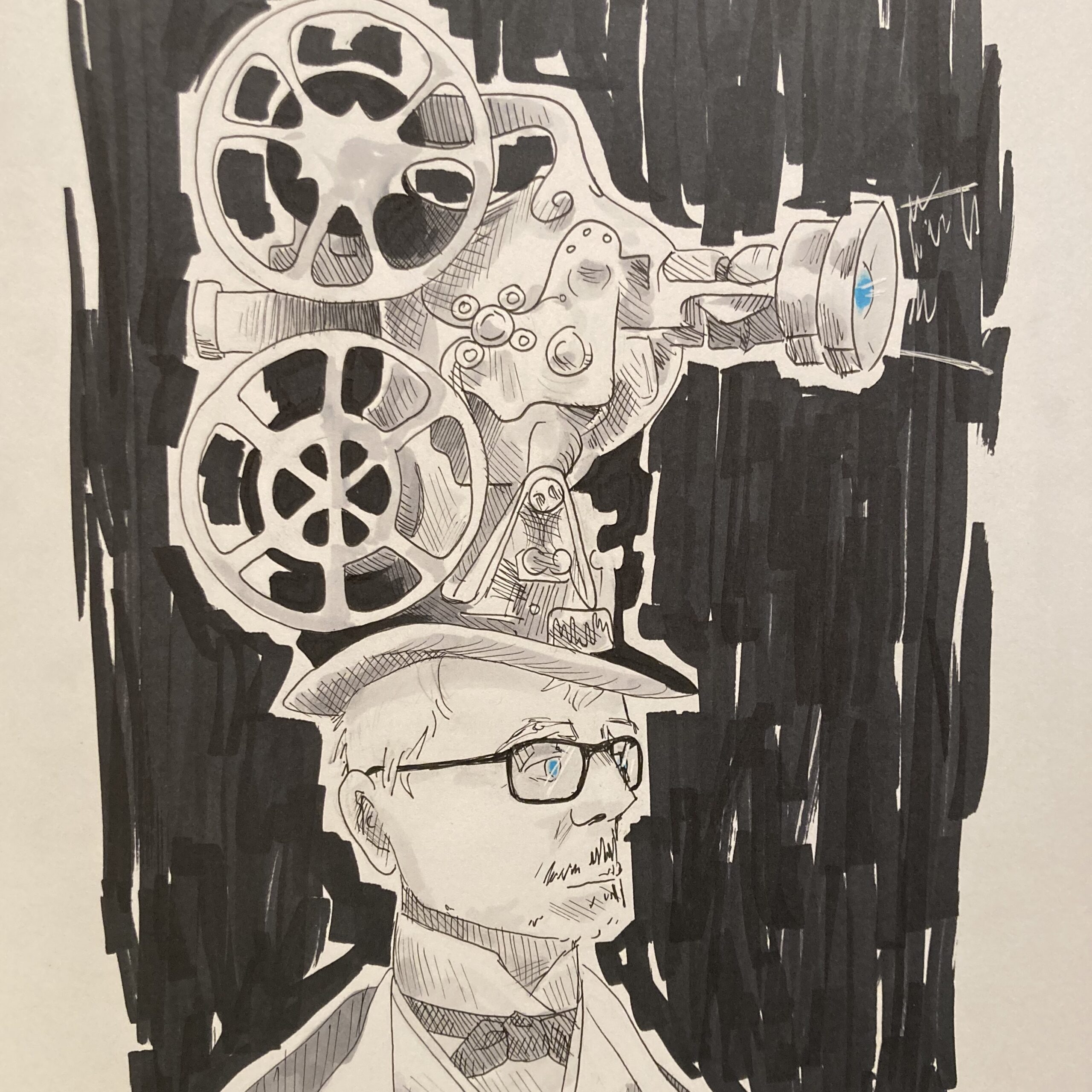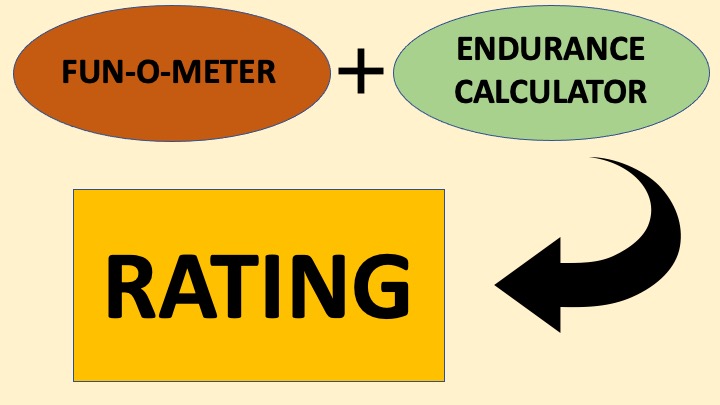

“Congratulations, superlative winners!”
“A lot of the time we feel that our lives are the worst, but I think that if you looked in anybody else’s closet, you wouldn’t trade your shit for their shit. So let’s go.”
Take 1: Any honest adult remembers middle school as an awkward phase organized around avoiding embarrassment. With all the body odor, hormones, and emotional need, it’s a wonder that high school, for all its unique peril and limitation, seems, to many, like a happy destination.
In Bo Burnham’s Eighth Grade (2018), we watch Kayla Day (Elsie Fisher) enter the last week of middle school, trying to apply self-help advice from her own Youtube channel and become more than her school’s “Most Quiet” girl; in Jonah Hill’s Mid90s (2018), we watch Stevie (Sunny Siljic) negotiate his mother’s single family household, in which he’s abused by his older brother, until he discovers a group of skateboarders with whom he forms a second family. Both kids are White and unconventional looking—she has crooked teeth and a soft body while he is small with curly hair—meaning they resemble actual kids, and they don’t accomplish anything, really, save for living through vignettes of personal humiliation and boredom.
This means that Eighth Grade and Mid90s are cringe-worthy entertainment doubling as Manny Farber’s “termite art”[1] that don’t offer sentimentality or big budget spectacles. Instead, both films complicate the reassuring mythology of childhood that many of us have absorbed from TV shows and other movies, or else from false nostalgia that tells us the middle phase of childhood was really terrific and happy. In these movies there is no attempt to mis-remember or whitewash the difficulties of Teenager Land. We are invited to revel in changing bodies that shroud even faster-changing personalities, not as part of a B-storyline about one-upping adults or as the springboard for jokes, but as the whole point of the story.

Kayla isn’t good company and the truths she uncovers about herself and others are not pleasant, but she is definitely like the kind of kid I remember being. She’s curious about sex, but ignorant; lonely, but self-contained; smart, but not showy; unsure whether a friend is really a friend or just someone waiting for someone or something better to occupy time. She’s also game for challenging the status quo, and her appetite for new experiences, while perfectly age appropriate, get her into trouble.
In one vivid scene Kayla escapes from sexual assault because doesn’t want to hook up with a boy, being ignorant of how to either excite him or disengage from him, and the encounter leaves her terrified because the sexual confidence she’s tried to exude is, in fact, a lie. She isn’t prepared to explore her sexuality with anyone, let alone a would-be rapist, and she thinks it’s her fault that she doesn’t know how to properly manage such a high-stake situation. It’s on-the-nose social commentary about the victimized state of many girls and women, and the moment concludes with a soundless return home as Kayla falls apart in her bedroom.
Immediately afterwards, Kayla asks her Dad to help her start a backyard fire. He does so, and they have one of the more convincingly “true” conversations between a parent and child that I’ve seen in an American movie. He knows she’s troubled, that she’s had a terrible evening where something bad happened to her, and he doesn’t know what he is permitted to say or do to help his only child, who, earlier in the movie, expressed total revulsion at his presence. The result is a halting conversation wherein Mark (Josh Hamilton) expresses his admiration for Kayla, complimenting her for determining how to grow older, because he is, and always has been, in awe of her ability to hear her own melody and move along in life, naturally.
Stevie doesn’t have the same kind of relationship with adults. This is partly because his world is set more than 20 years earlier, in the middle 1990s, when the internet was a place-bound addendum to physical contact with the world. Stevie bumps into people and enters a skateboard shop to make new friends that resemble the squad of a Classical Hollywood-era war movie. They form around Ray (Na-Kel Smith), the eldest boy who is solidly middle class, Black, and the most talent skateboarder. Ray’s best friend, Fuckshit (Olan Prenatt), is upper middle class and mixed-race with skateboarding skill but no drive to do more than skate and party. Videotaping all their activities is Fourth Grade (Ryder McLaughlin), a dirt-poor White kid with acne who says very little but acts as ideal spectator. Last of all, there is Ruben (Gio Galicia), a Latino kid with an abusive mother who lives in a rundown apartment flop and first invites Stevie into the group, whereupon Ray calls him “Sunburn.”
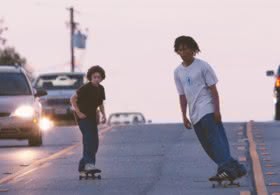
This male-only world follows along a near-cliché-ridden path of law breaking, profane jokes, meeting girls, attending a party, etcetera, but Mid90s turns these expected moments into a way of thinking about these particular boys more deeply. The racial, ethnic, and class-based distinctions between them are everywhere remarked on but never used for pandering humor. The boys collectively question stereotypes associated with each member’s race, although complicated through being Southern California skaters, and we also see how far the group members will go to help one another because they depend on each other for the kind of love that isn’t present at home.
Both movies also let us “enjoy” awkward adults occasionally trying to form connections with younger people. In Eighth Grade the effort is pitiful, almost laughable, particularly when teachers attempt what they assume-to-be correct gestures and woke language, or when Kayla’s father tells her goodnight dressed in plaid boxer shorts. In Mid90s the matter moves closer to a horror show in generational contrast through the role breaking confidence that Stevie’s mother, Dabney (Katherine Waterston), offers her children who are each aware of her sexual longing. The exclamation point on this out-of-balance relationship is when we see one of Dabney’s one-night stands emerge from her bedroom.[2]
Eighth Grade and Mid90s don’t culminate in the thrill of some great accomplishment or finding romantic joy. Instead, these movies celebrate the drifting nature of childhood, in which children cast about on the vapors left behind by adults before gradually finding a way to make a headwind of their own.
We also get to see how the daily debris of life forms the psychological backbone of a teenager, whether that debris is internet-based, as in Eighth Grade, or centered on athletic accomplishment, as in Mid90s. The cool kids are shown; uncool kids shunned. Authority is questioned, social rules fading in and out, as needed, and we see how the world of middle-schoolers is written into the seams between adult workaday concern and the protective cocoon of earliest childhood.
For all her packaged self-confidence, Kayla mumble-speaks her way through her v-blog recordings, and her attempts to speak with other live human beings, whether her well-meaning father or the kids she’s idolizes, often result in nail-biting loneliness. Still, we see how hard she works to grow, become, and enact the fabled idea that everyone can be the person they are meant to be, if only they can build up the confidence to present themselves as worthwhile. Kayla may be frightened by all the change that surround her, but she is equal to task of engaging the world and finding some way of mastering the possible.
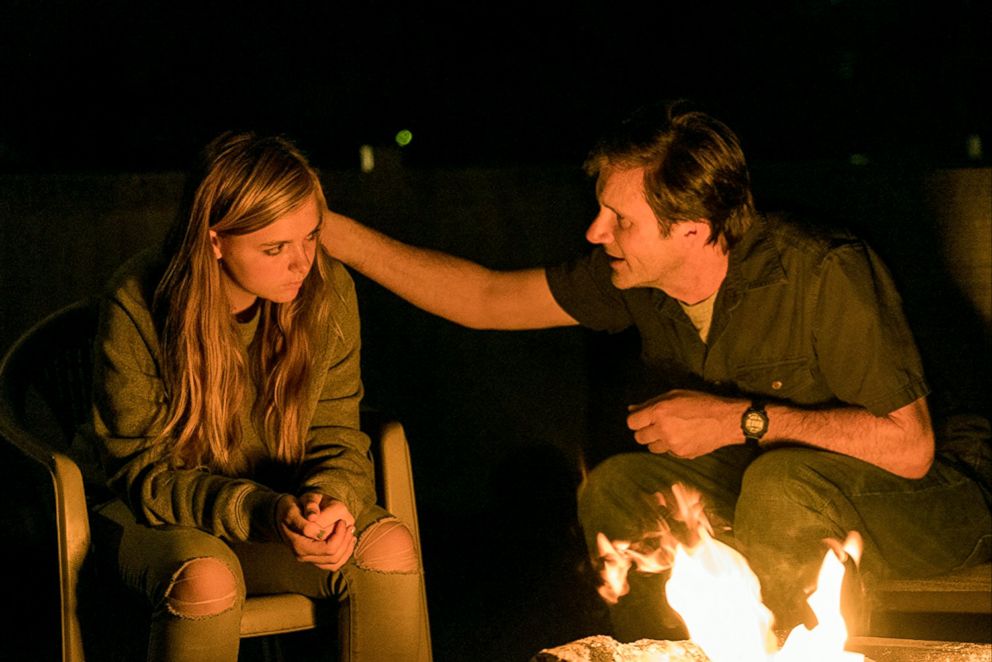
Stevie has a similar furnace of yearning that helps him expand beyond lower middle-class confinement. He has magnetism and invites help from older kids, especially Ray. With a startling tolerance for punishment, whether his brother’s beatings or skateboard stunts gone wrong, he absorbs pain and then dusts himself off for more of same.
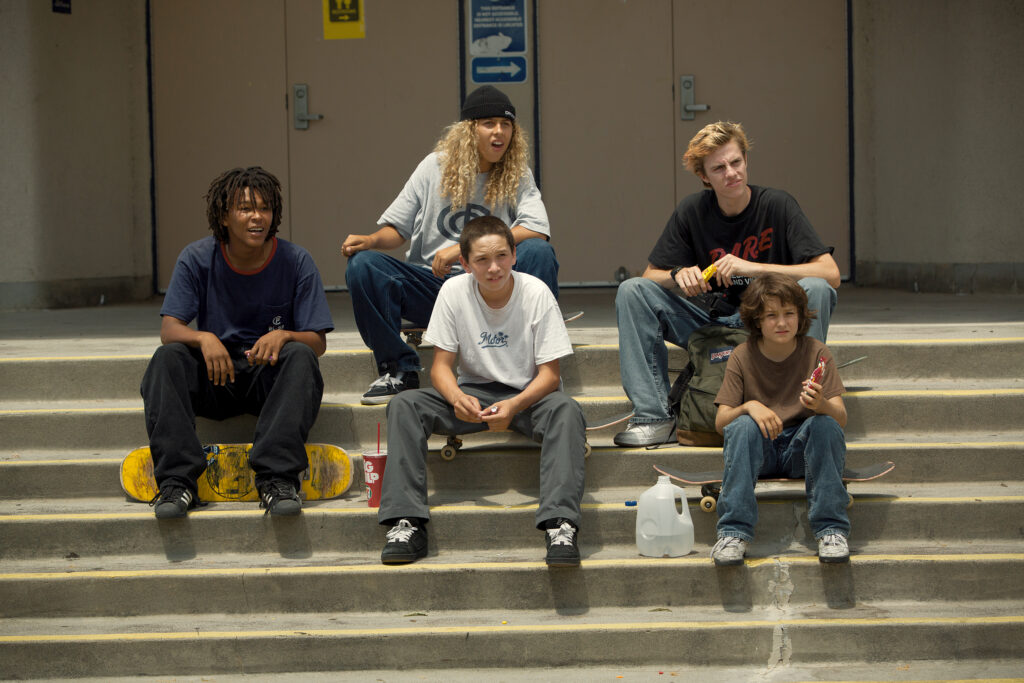
Appearing together in 2018, Kayla and Stevie are twin leads in the works of two performers-turned-filmmakers, Bo Burnham (then aged 28) and Jonah Hill (then aged 34), who each found inspiration in revisiting the fragile period of Tweendom entering full-blown adolescence. I winced over some of the scenes these filmmakers present, including Kayla’s recognized equivalence between the size of an erect penis and a banana and Stevie’s verbal assault on his worried mother.
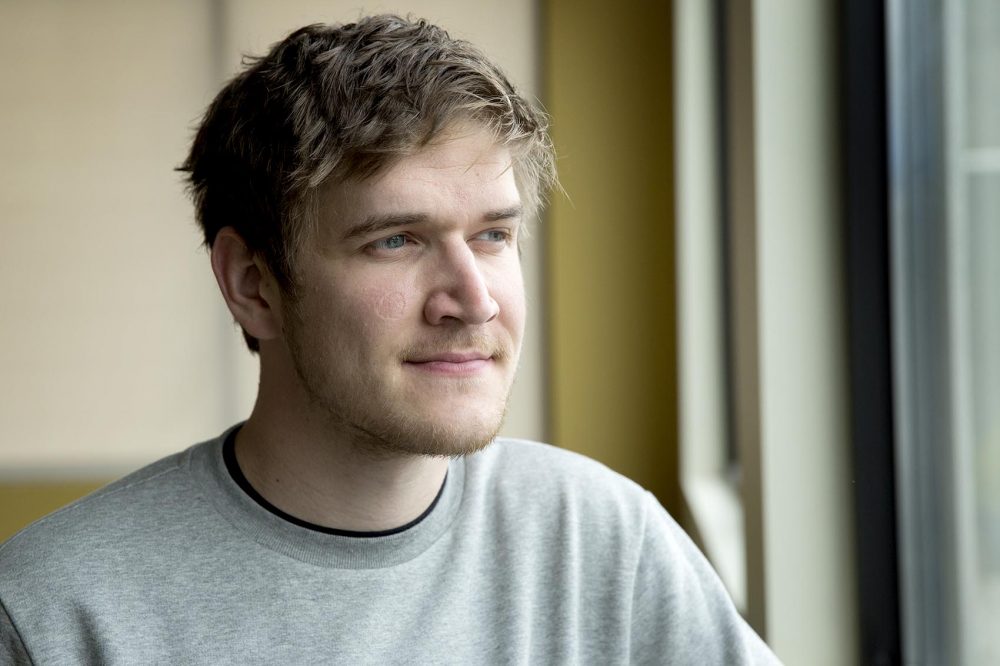
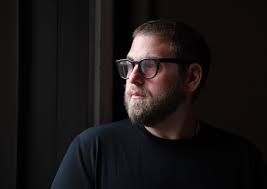
Seeing these two movies in close proximity made me realize and recall just how difficult it is to grow up. The consequence is that I am glad not to have the super-power of time travel since I am the kind of person who has sampled the pop culture Kool-Aid that tells me middle school wasn’t all bad. In which case I would go back through my decades of aging, contra the insights of Eighth Grade and Mid90s, only to uncover the middle school mine field of confusion, worry, and discomfort, and not the fountain of youth.
Take 2: Mid90s features a literal boy performing on-screen intimacy with a literal woman. As a faux memoir of Jonah Hill’s life, it’s a powerful tour of latchkey childhood, and it’s a bit icky.
–November 30, 2024
[1] See the original article in PDF: https://www.moca.org/storage/app/media/cropped-images/02_White%20Elephant%20Art%20vs.%20Termite%20Art.pdf
[2] The non-speaking part is played by filmmaker Harmony Korine, perhaps most famous for his screenplay for Kids (Larry Clark, 1995).
